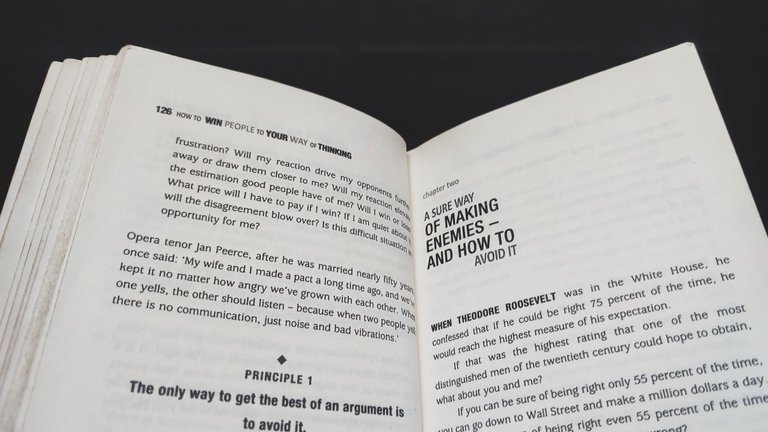Vantage Point
When someone praises me about my performance or something I did, I used to sometimes feel the inclination to be humble. While that does sound like a good thing, the reality is that what I'd say may not exactly imply humility. Things like, "Oh, that was even the worst I have ever played" or "But I almost fell." It was a YouTube guitarist that made me understand better, but there was something else.

This is something I have seen many people do, especially where I'm from. The first thing to do is to unknowingly counter the praise they get. But the thing is that it could actually offset whoever's giving the remark, making them feel like they were stupid to think that in the first place. After all, the performer or expert deemed it subpar, so who are they to think differently?
Most people don't see the flaws we see in ourselves. When you're thinking you played a wront note on the guitar and messed things up, someone in the audience is probably out there, watching you in awe because they think you're so cool and talented. You, on the other hand, are rather focused on that 1% that went wrong. So when they walk up to you at the end of the show to show their appreciation of your performance, what next? I'd just acknowledge the appreciation instead and not project my perceived flaws.
Turning the tables a bit, there are indeed some praises that are flattery—shallow words to get what they want from people. The thing about flattery is that people generally don't enjoy them because they're insincere. And for whatever reason, many people mostly give flatteries. It's rather better received to "be hearty in your approbation and lavish in your praise." As Dale explains in his book, How to Win Friends and Influence People.
It is actually much easier to appeal to the better side of people with genuine and thoughtful appreciation. And one way to use it is in criticisms. People tend to switch into defense mode when critized. It's normal. An easier way to actually make it easier is to appreciate them for something they actually did, then make the suggestion. Otherwise, well, we know how it could sometimes end.
"Any fool can criticize—and most fools do. But it takes character and self-control to be understanding and forgiving." - Dale Carnegie
Now people have different tempraments. Life's much better for you if you do not get offended ever so often at seemingly negative remarks. That is, criticisms are feedback. While they may not always be accurate or true, what matters most is taking what's important, learning from it, and growing. But most people are not built like that. For balance, tranquility, and effective communication, it is better to be more tact in dealing with people. Some appreciation goes a long way and doesn't cost much. After all, we're only humans.
Seeing from another person's perspective. It actually goes a long way in seeing the bigger picture. It's a good vantage point to make better decisions from. My two cents anyway. What are your thoughts?
Image belongs to me
Posted Using INLEO
Well, you have rightly said. Many do not pay attention to the efforts put into doing a thing but rather the little error in them.
Indeed, fren
It is very common for people to counter the praise they get because they mostly believe they are being flattered which is true. So they wants to show they know their flaws already no need for them to say that.
Yeah, that's generally the case